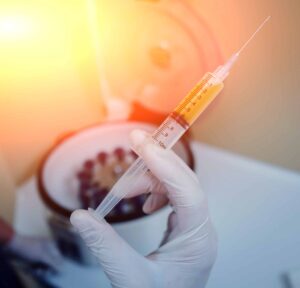
Thyroiditis Hair Loss: The Connection Between Thyroid and Hair Growth
Thyroiditis Hair Loss: Thyroid and Hair Growth Connection Thyroid conditions like Thyroiditis affect the thyroid gland, a small butterfly-shaped gland located in the neck. This gland is responsible for producing hormones that regulate various bodily functions, including metabolism and growth.










